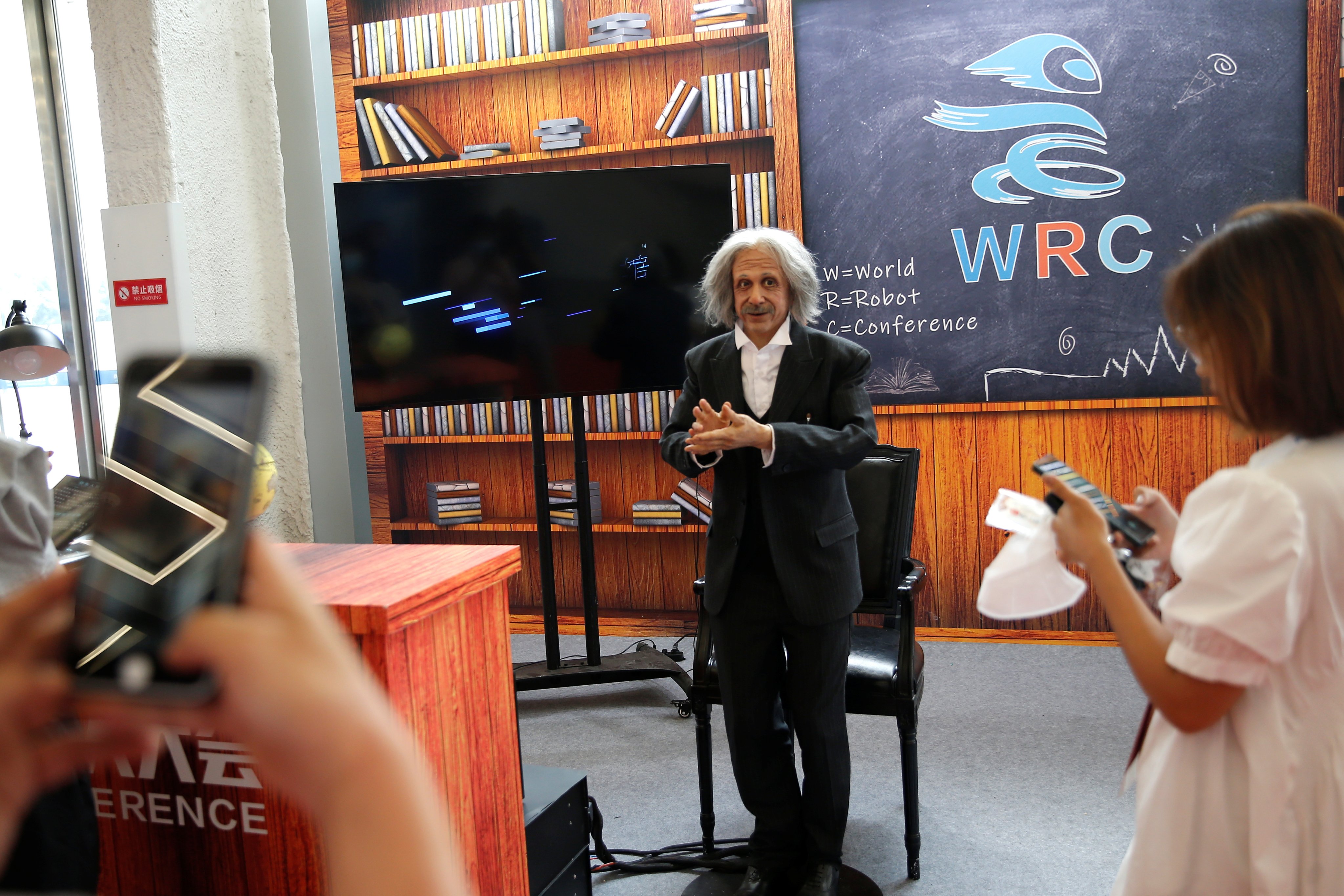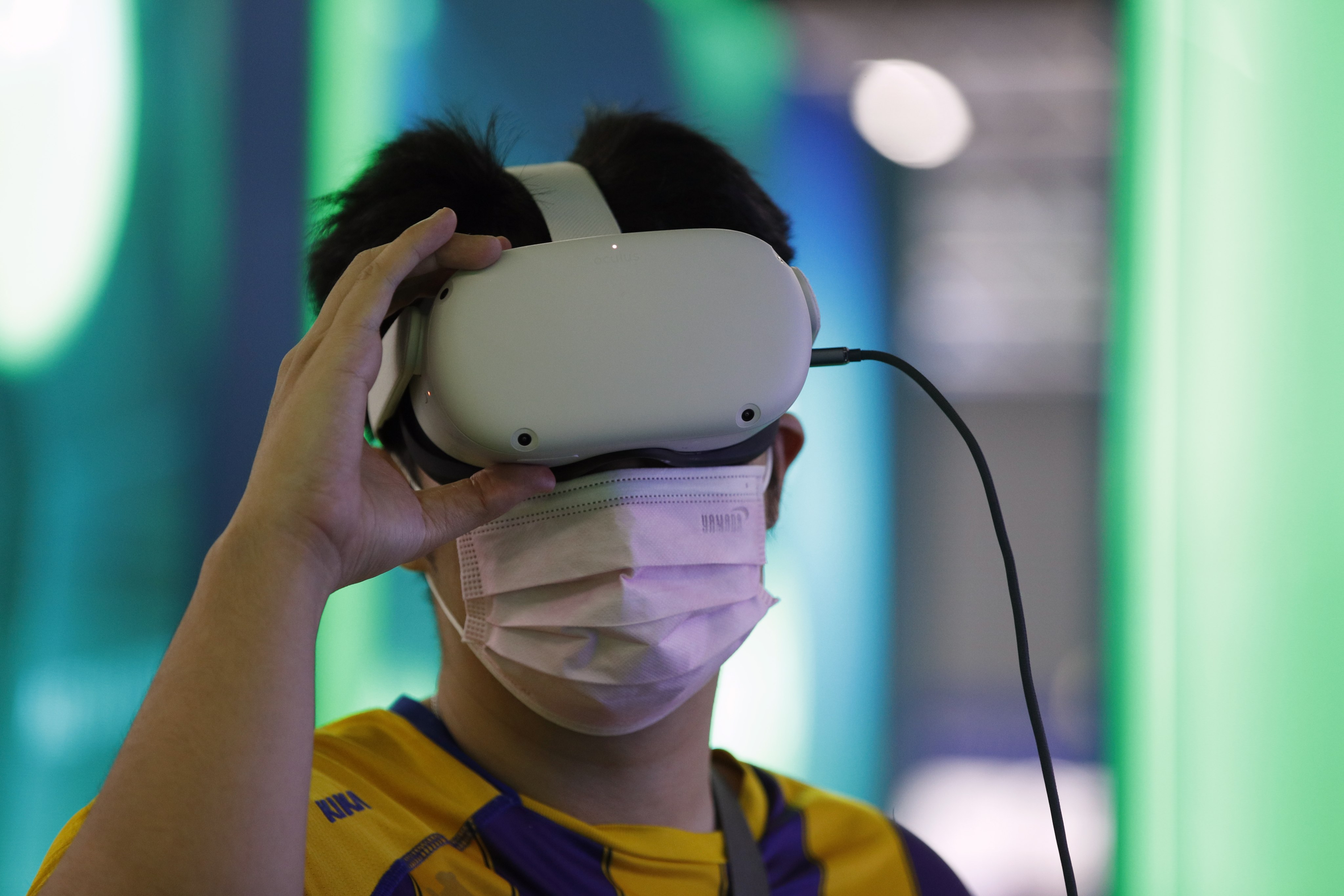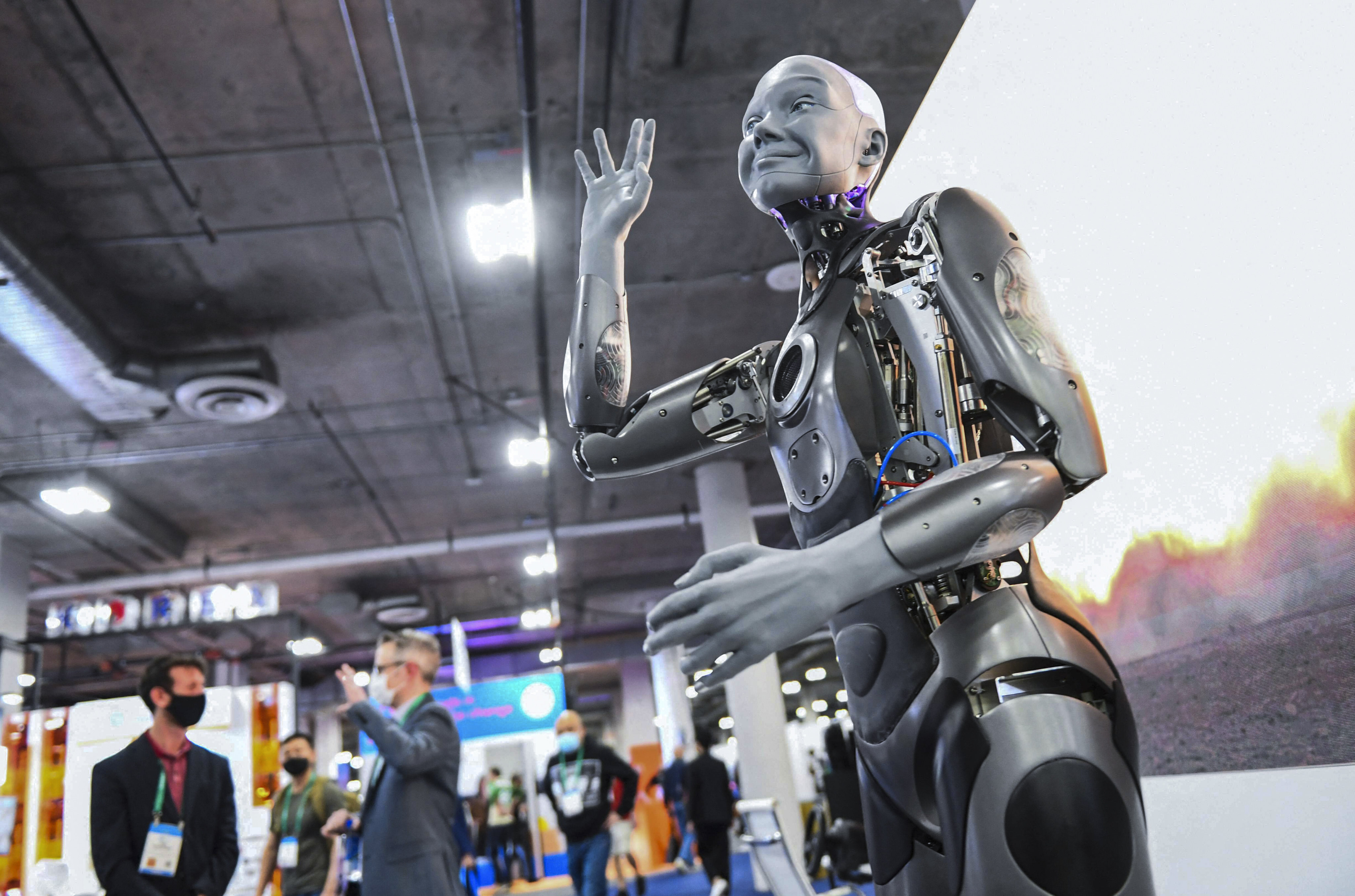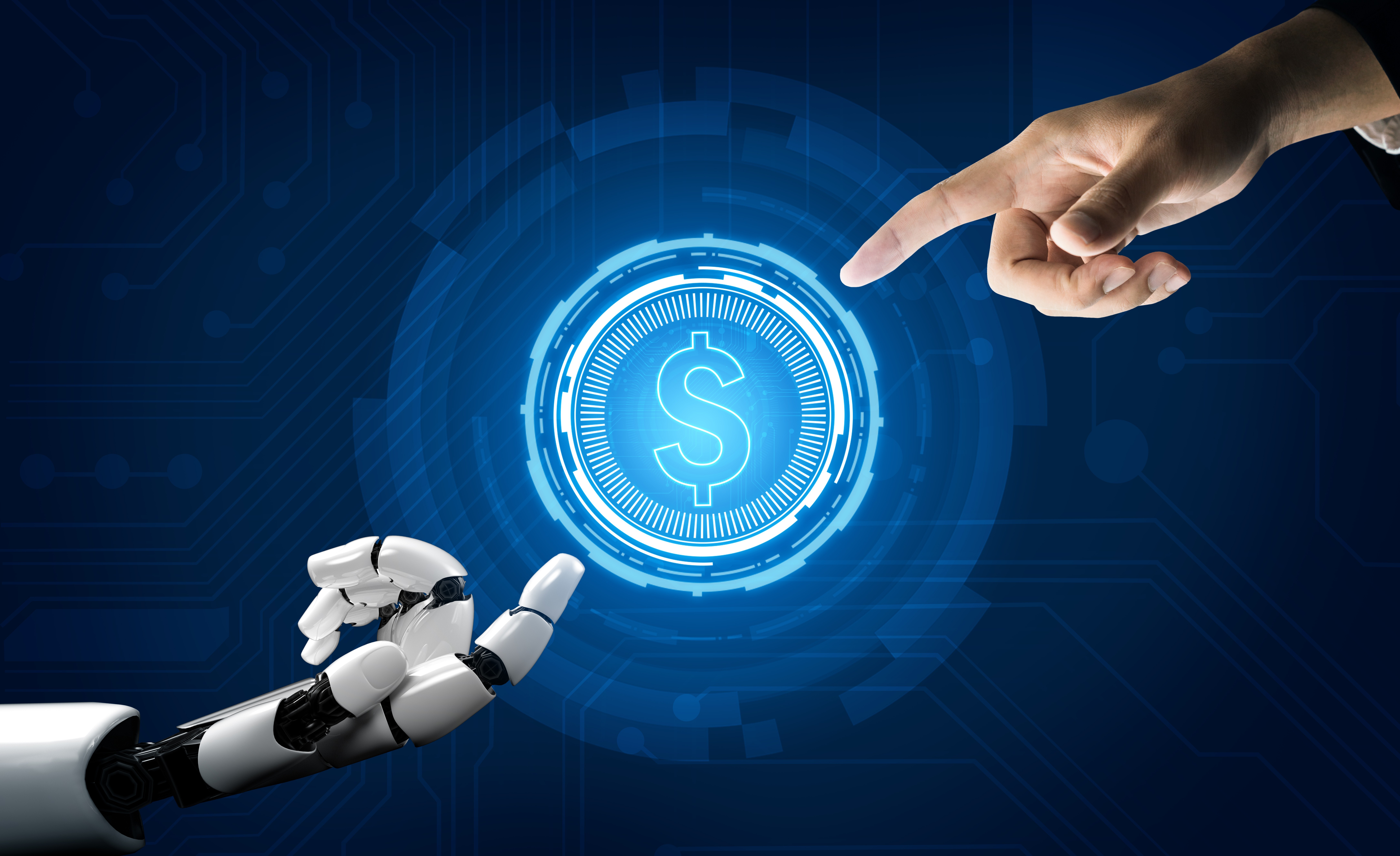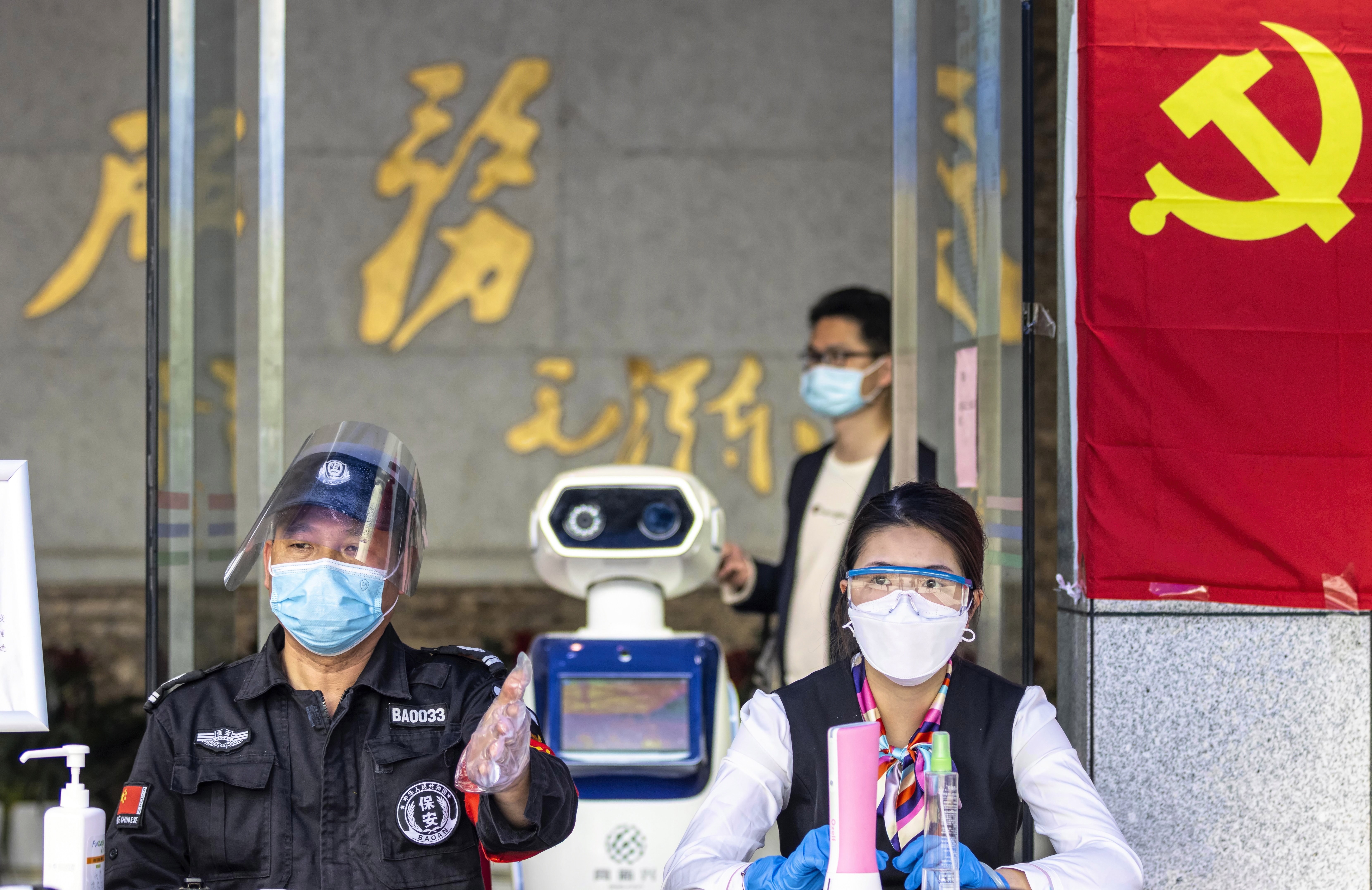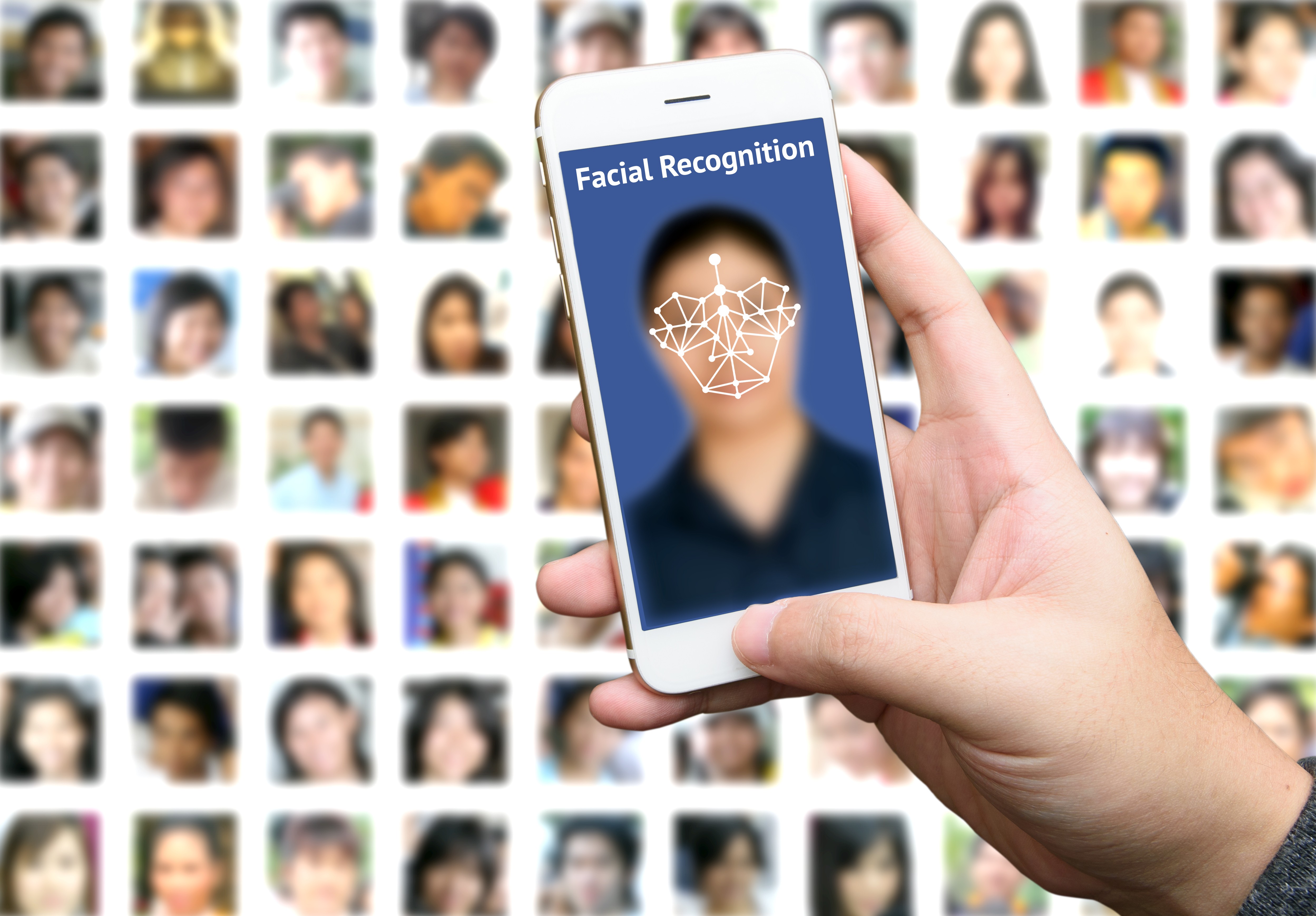
According to ChatGPT, Einstein would have seen generative AI as a creative partner that students must be taught to use wisely and responsibly. Higher education must prepare students for a new future with AI
For all the productivity benefits tools like ChatGPT bring, significant issues must be addressed before companies can adopt generative AI at scale. For example, businesses can’t have AI generating inaccurate information, making miscalculations, breaching privacy and using discriminatory language.
Where building new digital spaces manually would take too long, creative AI can automatically generate images of practically anything, given enough data. Perhaps the greater challenge will be for regulation to keep up with this pace of growth, with a need for policies on data privacy and AI ethics.
China’s smart tax system will cut out the need for form-filling and make it easier to prevent fraud or tax evasion. Other countries plan to introduce similar systems, but China’s robust digital financial market and rigorous data protection laws give it a clear head start.
As AI plays a greater role in people’s lives, the EU is looking to build on the GDPR and set a gold standard for trustworthy AI. Formal legislation is a good start on building trust and confidence among users, something Hong Kong and the mainland can emulate.
Wherever there are exchanges of goods, even in virtual spaces, there will be opportunities for banking, finance and insurance firms. The metaverse needs frameworks and guidelines to satisfy banking and financial demands, something Hong Kong can help shape.
Innovation and technology advancements are crucial for any economy, especially in the new normal after Covid-19. Companies must embrace digital transformation to survive.
Forced to adapt quickly, Hong Kong’s banking and financial services industry has hastened its adoption of digital transformation and AI in the name of survival, supported by a rapidly evolving regulatory environment.
In China, AI is being used to fight the virus on all fronts. With its ability to learn quickly, AI saves human beings time in sequencing the genome of Sars-CoV-2, designing lab tests, analysing CAT scans and making new vaccines.
Mechanisms need to be put in place to ensure users can trust recommendations, predictions and decisions made by AI systems. AI needs to be explainable rather than a black hole.
The Greater Bay Area can leverage Hong Kong’s research universities and financial hub status to supply AI tech around the world – provided regulatory differences are smoothed out.
China’s early investments in hi-tech are likely to pay off in meeting the health care needs of its massive population, especially as society ages.
China seems to have all the pieces in place to achieve its artificial intelligence strategic road map – from a vibrant start-up culture to government support and a population enthusiastic about technology.
